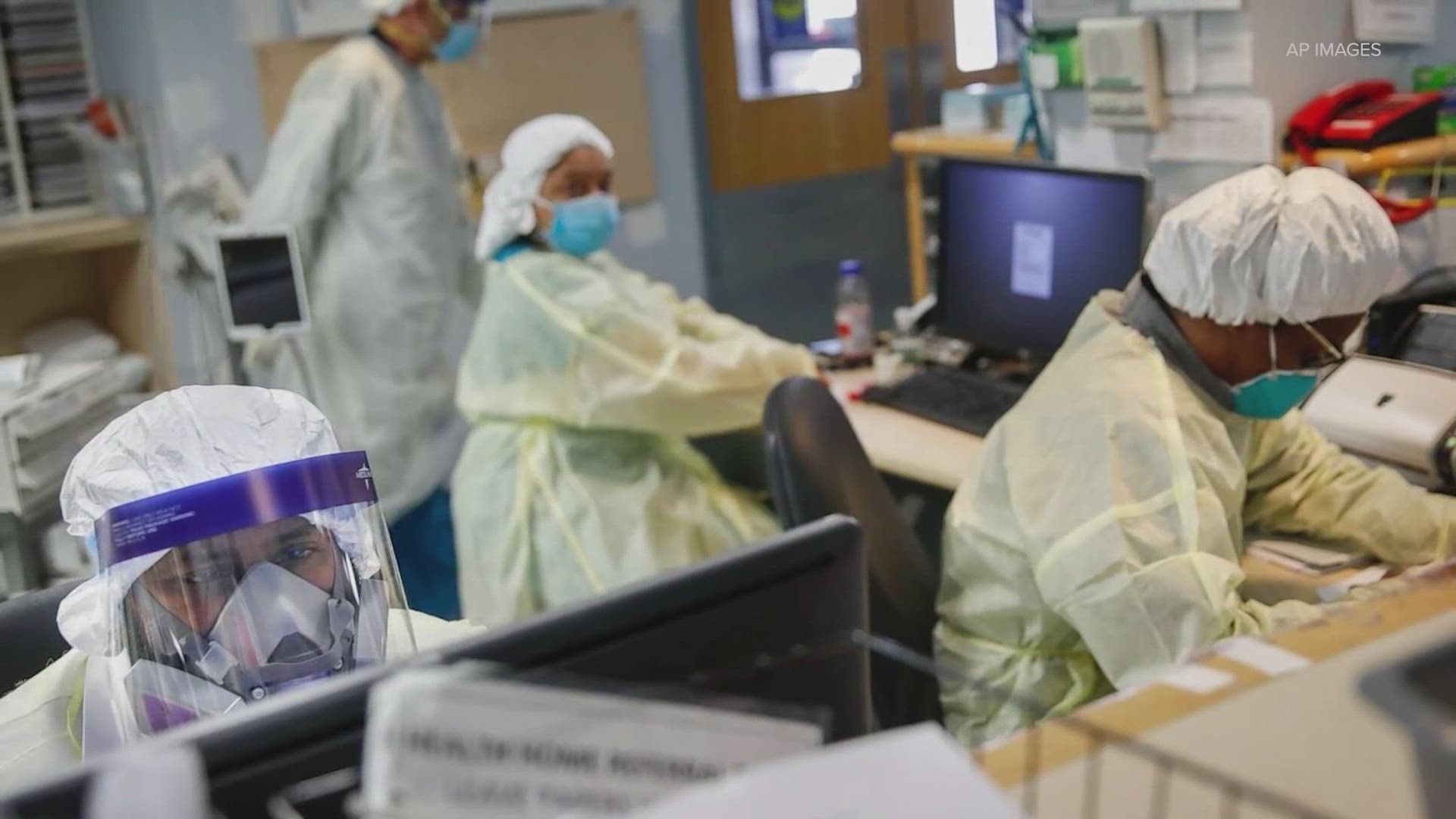SEATTLE — With school getting back in session, and Fall just around the corner, there are concerns about when to get vaccines.
That includes questions about whether to get a new booster shot against COVID-19.
Many health officials say to wait a little longer, including Dr. Vin Gupta, a Pulmonologist with the University of Washington Medical Center.
"There is vaccine fatigue, and people want to know what they absolutely need to get to be protected," said Dr. Gupta.
Pfizer, Moderna and Novavax are working to update the latest vaccine for coronavirus, which will then be considered by the FDA for final authorization. It's estimated the latest vaccine will be available to the public sometime in late September.
That's also about the same time a new vaccine will be ready for the Flu.
"It's ok to get them both at the same time. And you should plan to get those no later than October," said Dr. Gupta. "November to February is the key window for protection."
Cases of COVID-19 across the U.S. have been slowly increasing since August. It's nothing like the surge Americans experienced during the pandemic. But it's enough to alarm health experts like Dr. Gupta.
He suggests wearing a mask for protection, especially if you have underlying health conditions.
"Why not wear a K95? All it's going to do is protect you," he said.
The latest increase in cases is linked to a new sub-variant of the virus called EG.5. Gupta says the new booster is expected to adequately protect against it because it's still a sub-variant of the Omicron strain.
Gupta also suggests anyone over the age of 60, and those at high risk, receive the vaccine for Respiratory Syncytial Virus or RSV.
There are two different types of vaccine to protect against RSV, that are being offered for the first time.
One concern for many health experts is overall protection against COVID-19. Booster rates are considered low, with only around 40% of the U.S. population is considered up to date on their COVID vaccine.
"Am I worried about returning to the levels we saw in the early days of the pandemic? Not likely," said Dr. Gupta. "But we are still living in very uncertain times."

